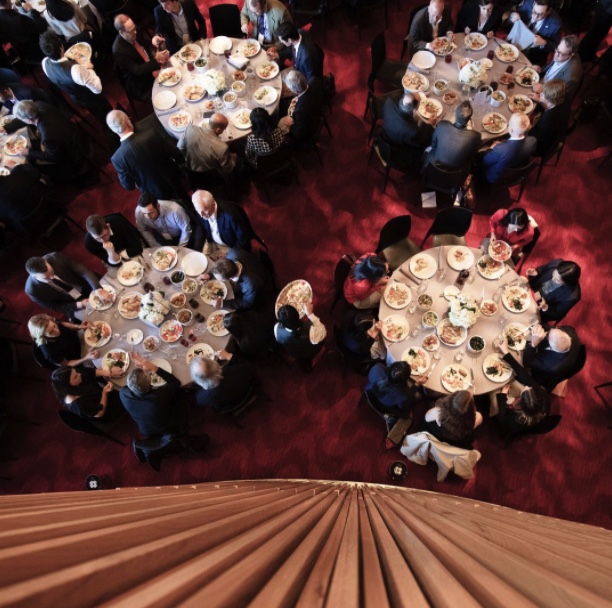I had Infidel recently recommended to me via a book club. It is from 2007, autobiographical, and Ayaan Hirsi Ali is a Somali-born Dutch-American activist and former politician. She is a critic of Islam and advocate for the rights and self-determination of Muslim women, opposing forced marriage, honour killing, child marriage, and female genital mutilation.
There were parts of the book that I found extremely disturbing (regular beatings, extreme violence and FGM under a Muslim belief system). She takes us through her childhood in Somalia, Saudi Arabia, Kenya, and Ethiopia. She winds up in the Netherlands where she escapes an arranged marriage.
I worked in Saudi Arabia and can recognise many of the themes she describes there, but she also elaborates on the clan system that exists in Somalian and other cultures.
She says in the book: "I first encountered the full strength of Islam as a young child in Saudi Arabia. Saudi Arabia is the source of Islam and its quintessence. It is the place where Muslim religion is practiced in its purest form, and it is the origin of much of the fundamentalist vision that has spread far beyond its borders. … Wishful thinking about the peaceful tolerance of Islam cannot interpret away this reality: hands are still cut off, women still stoned and enslaved."
And the teachings are in Arabic, rote spreading a culture that is brutal, bigoted, fixated on controlling women, and harsh in war with the ever present promise of the Hereafter.
The extremism of religion goes along with the class and education system often considered an Arab import. It goes way beyond women wearing a headscarf, veil, hijab or niqab. I used to think it medieval and that men treated women as property, much like cattle.
Ayaan eloquently challenges any claim that Islam is a religion of peace. She is forthright in her opinions from her first hand suffering. The Western world is still mainly blind to the realities of Islam – to their lack of women’s rights, free speech, and so forth.
Ayaan Hirsi Ali has written the second half of the book as a reformed non-believer take on the the Muslim elements of control. It is the same for many religions I guess. Not an easy read emotionally and mentally and she is still able to show appreciation of both sides of this complex argument.














